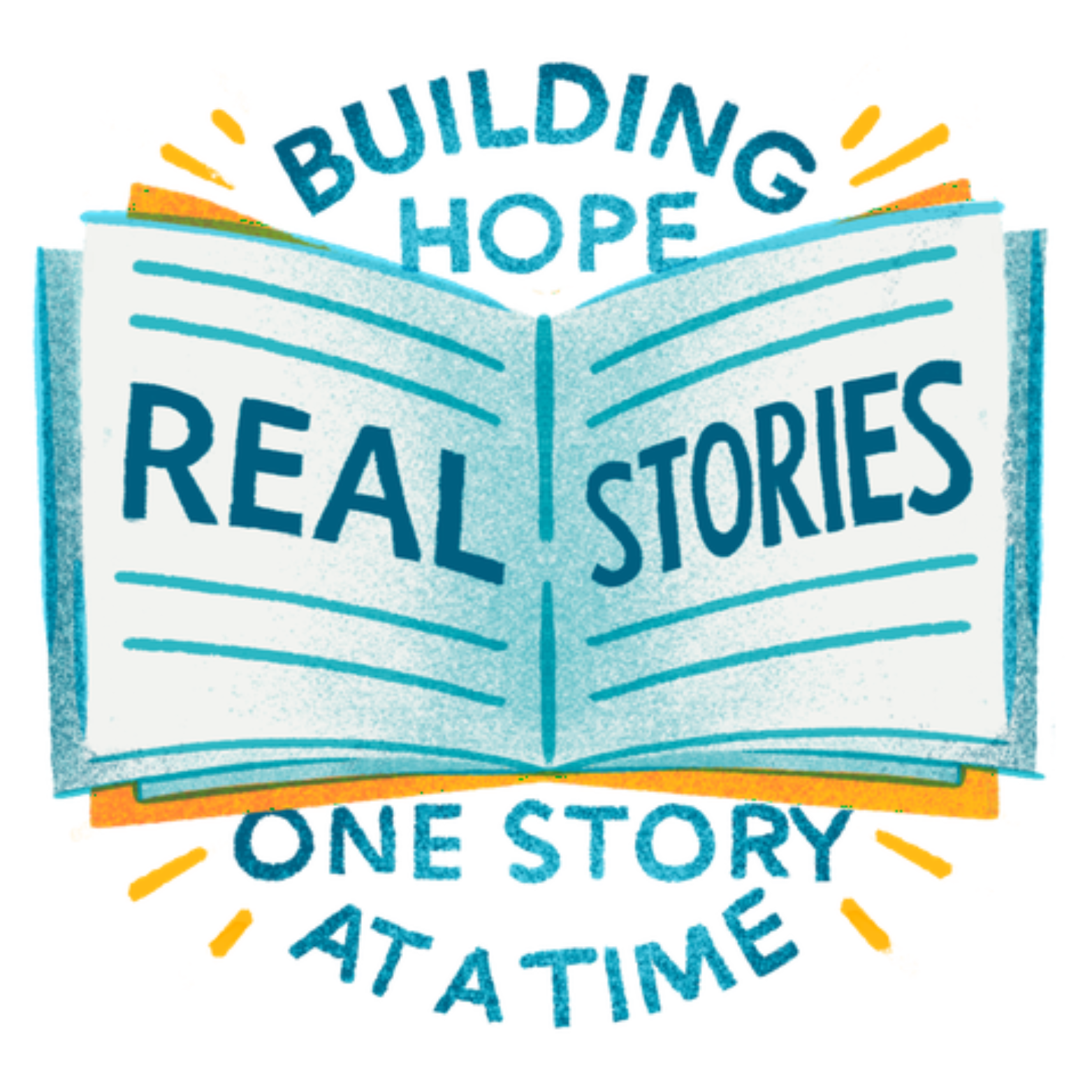James-Brian Byers, Family and Community Support Manager (Western PA) reflecting on his experience as a co-facilitator alongside Joyce Snow at the Allegheny County Jail. The prison society’s building connections program focuses on reentry from incarceration with a focus on relationships.
I remember the fluorescent lights humming low above us, the chill of cinderblock walls softened only by the circle of women, each carrying her own story. As the facilitator, I had been counseled so often to hold boundaries, to be mindful of closeness, to protect both myself and the women in my group from the confusion that can ripple out from tenderness. Yet, on that day, something shifted in the air—a tension that had settled quietly over us, a heaviness that needed lifting.
There was one woman, sitting slightly apart from the group, her arms folded tight—her eyes scanning the floor, her chest rising and falling in shallow, measured breaths. She’d spoken little all session but gradually opened up about the raw trauma she had experienced being a victim of gun violence. As the conversation turned to forgiveness, something cracked open in her voice. The woman stated that she cannot forgive the man who had harmed her but that she didn’t want to relive that night over and over again in her mind. Her words, raw and tentative, moved the room in a way that I cannot adequately describe.
Every facilitator instinct told me to hold space, to keep my distance. My co-facilitator, Ms. Joyce, caught her gaze, searching, uncertain, and across the room. Ms. Joyce lifted her arms and drew them into herself—a wide, gentle “airhug,” as if to gather her pain and cradle it and said “I’m not allowed to hug you. I wish I could. So, I am going to give you this hug like this – the best way I can. You don’t have to go through this alone anymore.”
For a moment, time seemed to slow. The incarcerated woman looked up, her lips parting in surprise, her eyes welling up with tears and said, “thank you”. The airhug—silly, perhaps, in another world—felt sacred here, a bridge over the chasm of separation. The others watched, and something in the room softened, the air itself growing lighter. Laughter bubbled up, a few women mimicking the gesture, sending invisible embraces back and forth, a ripple of warmth that touched every corner.
Sometimes, the rules write a new script. In that instant, they were simply women, reaching for kindness in a place where it's often in short supply and I, a silent witness to this, grateful for this extraordinary moment. The light in the group grew palpable—unexpected tenderness, reminding us all the healing power tucked inside the simplest acts.
In that moment, I was certain: sometimes, an embrace need not be physical to be felt. Sometimes, the bravest thing we offer is a gesture that says, “You’re not alone.”

